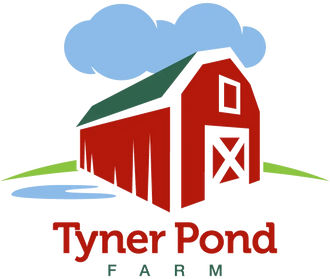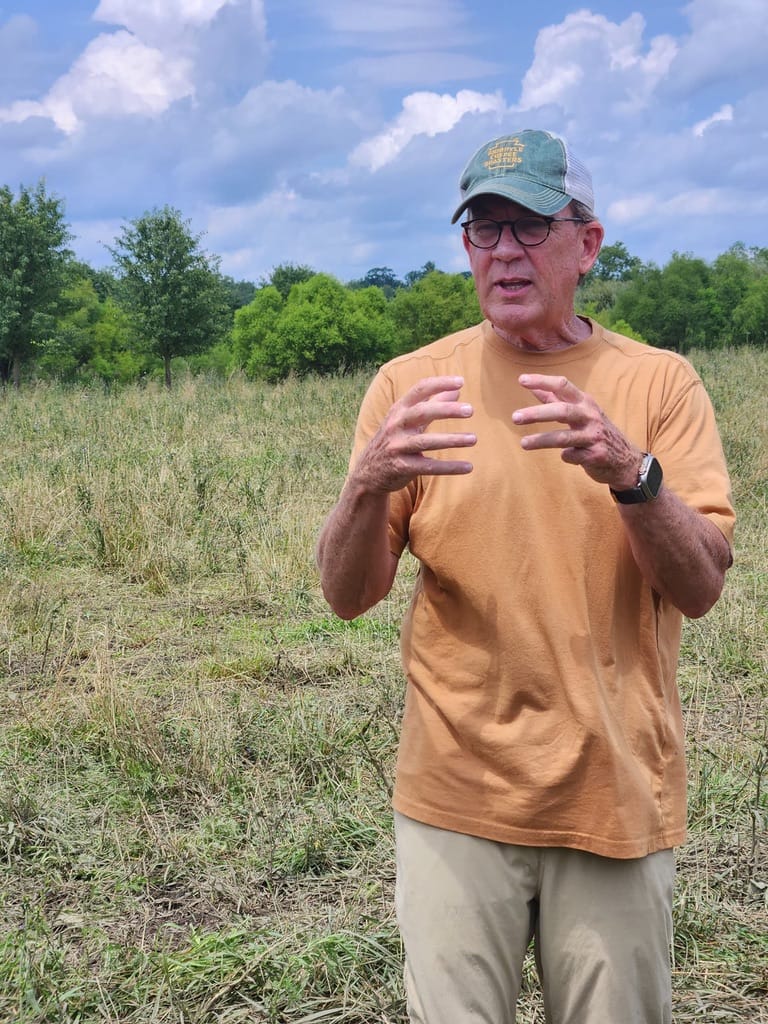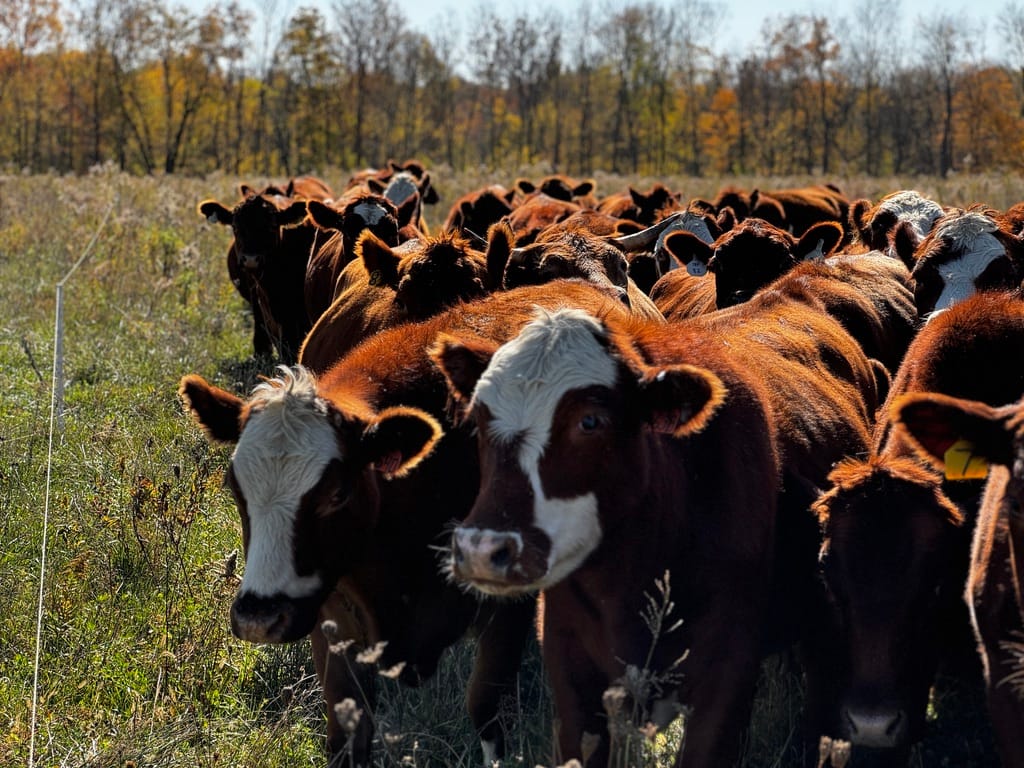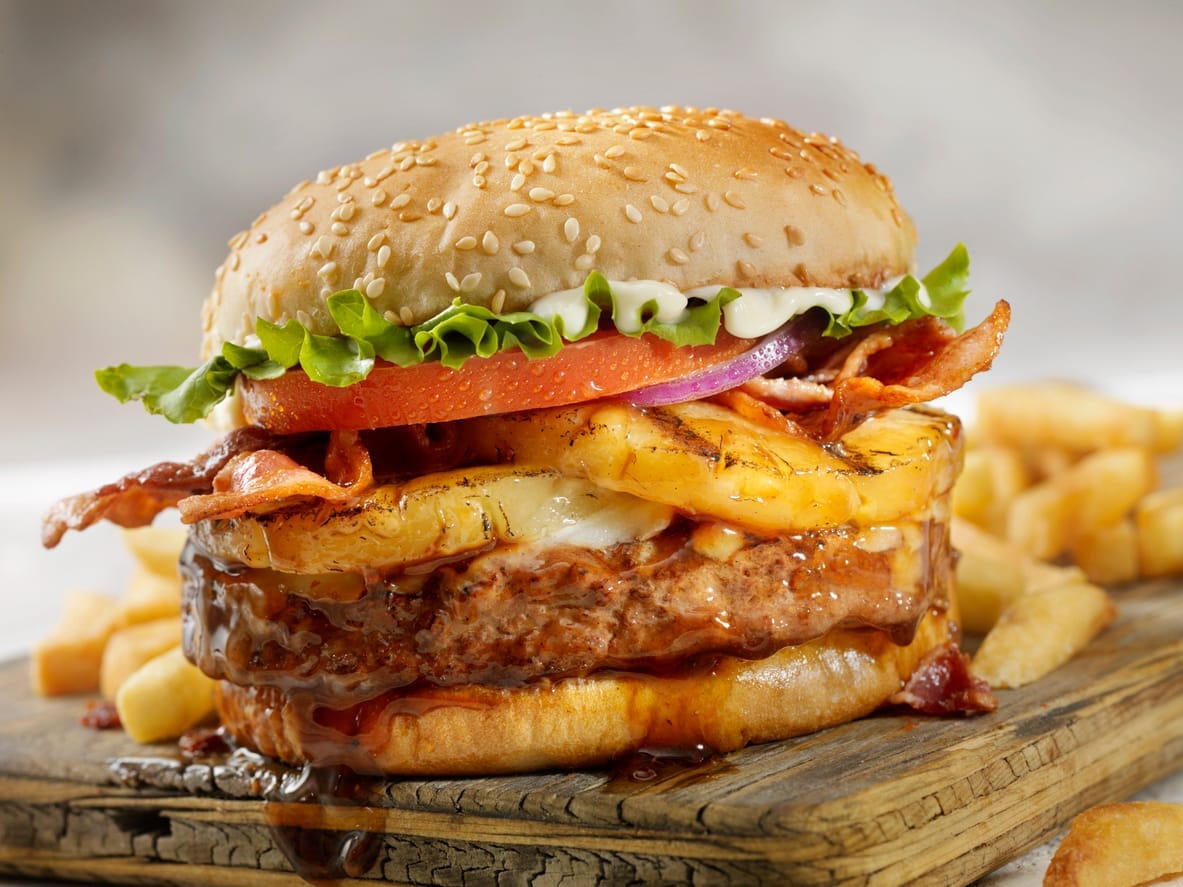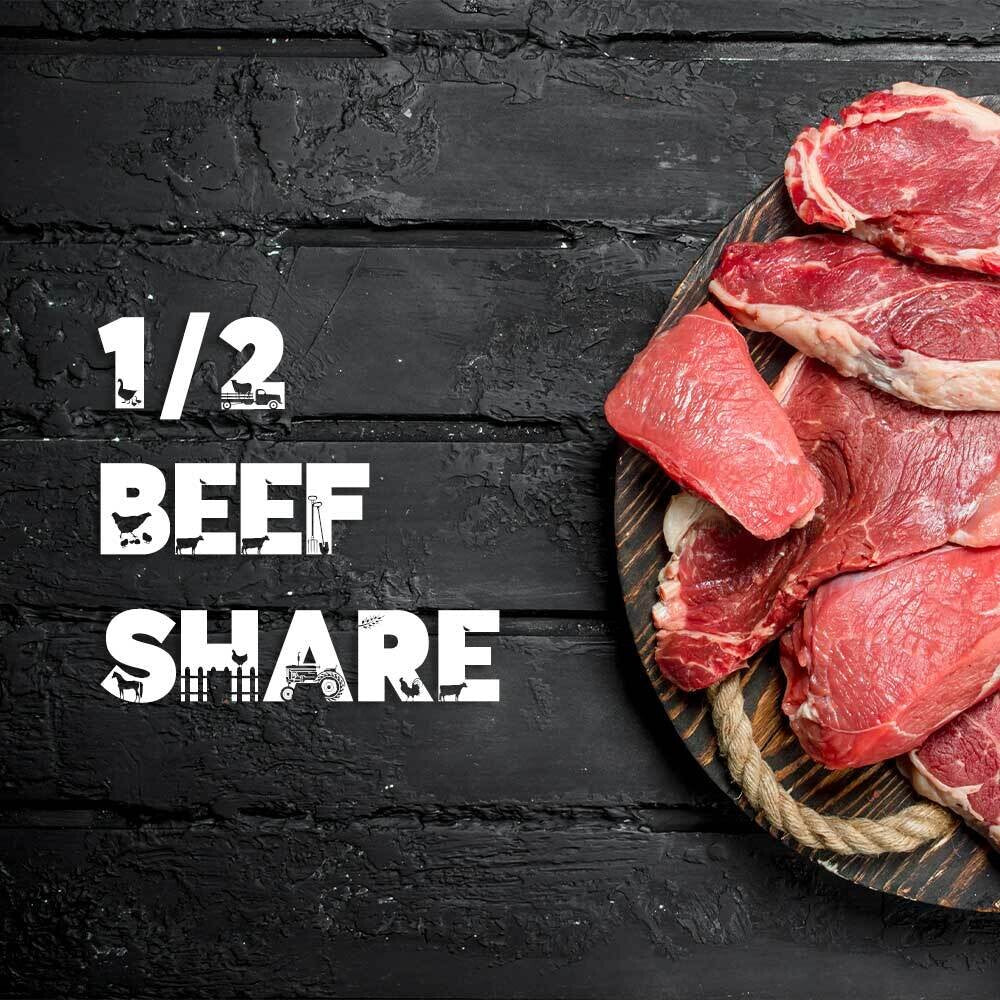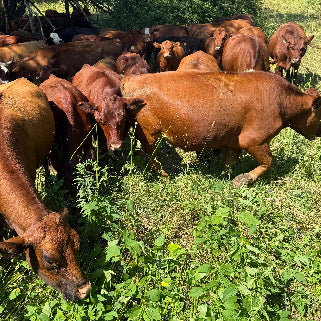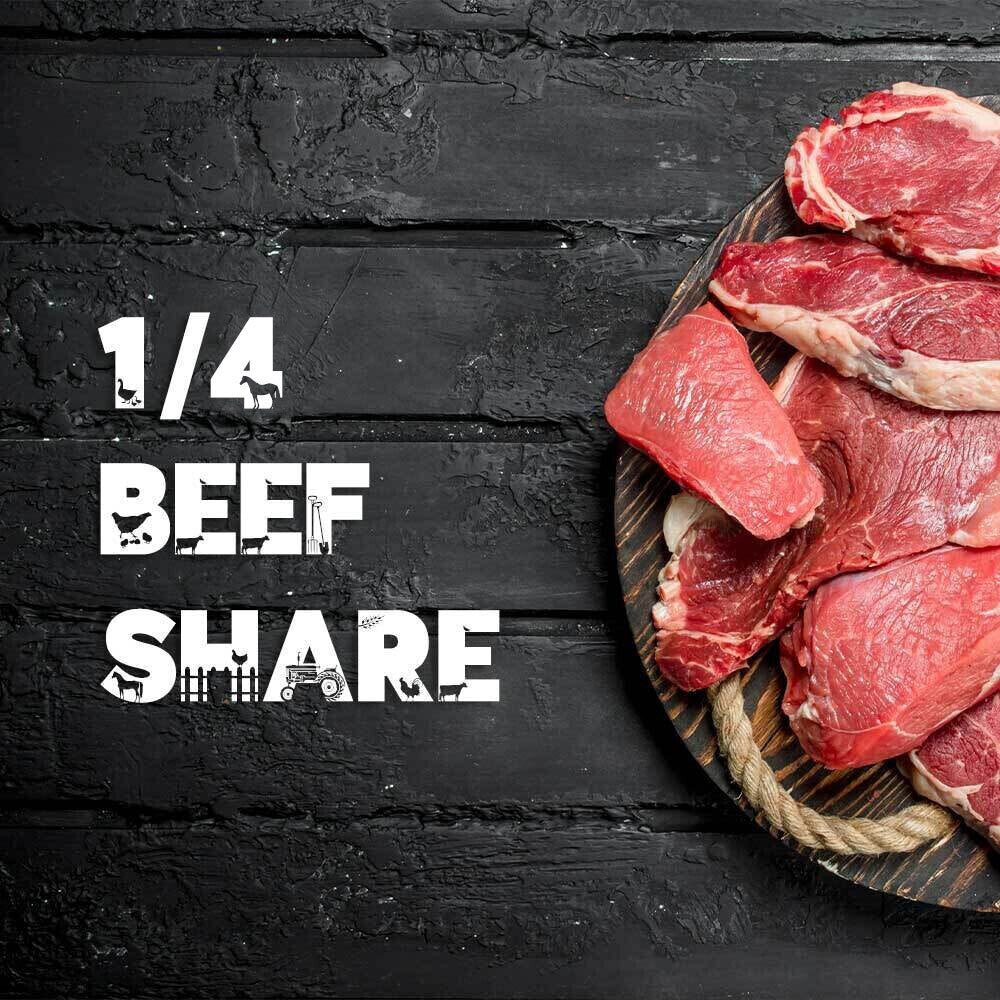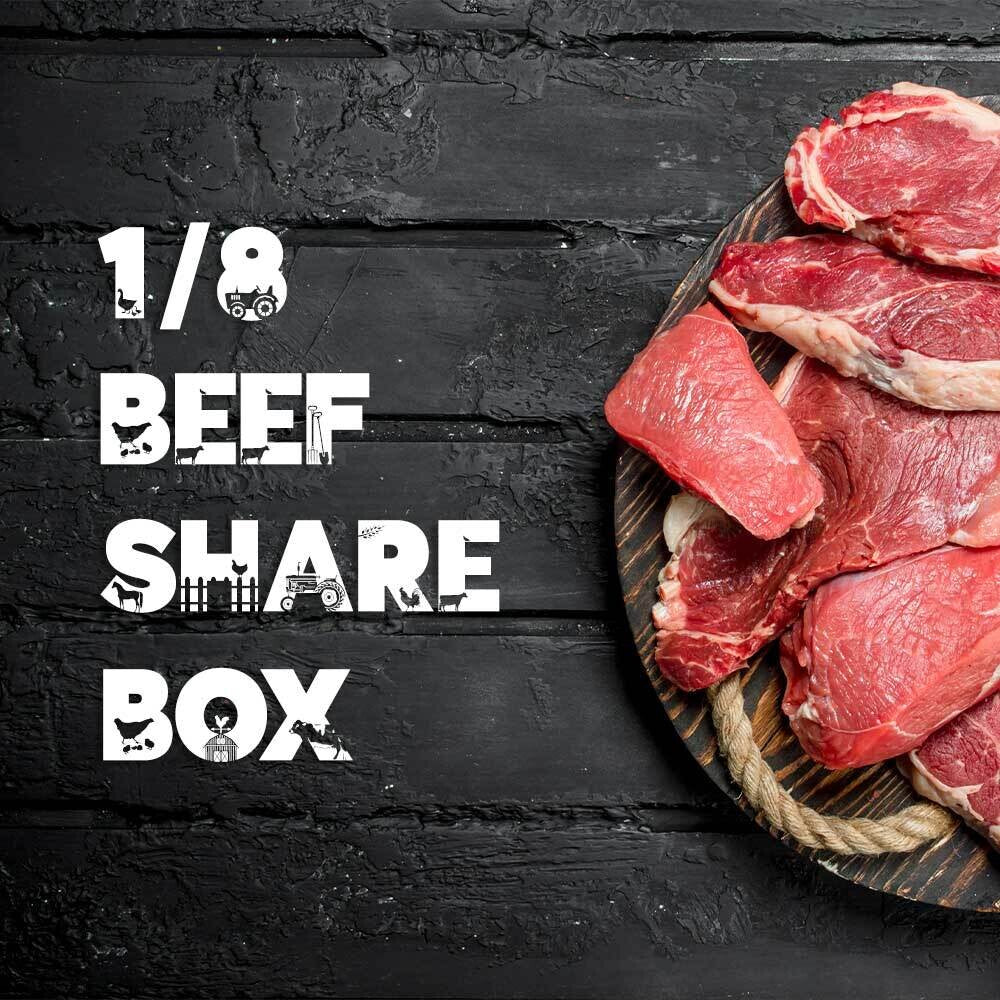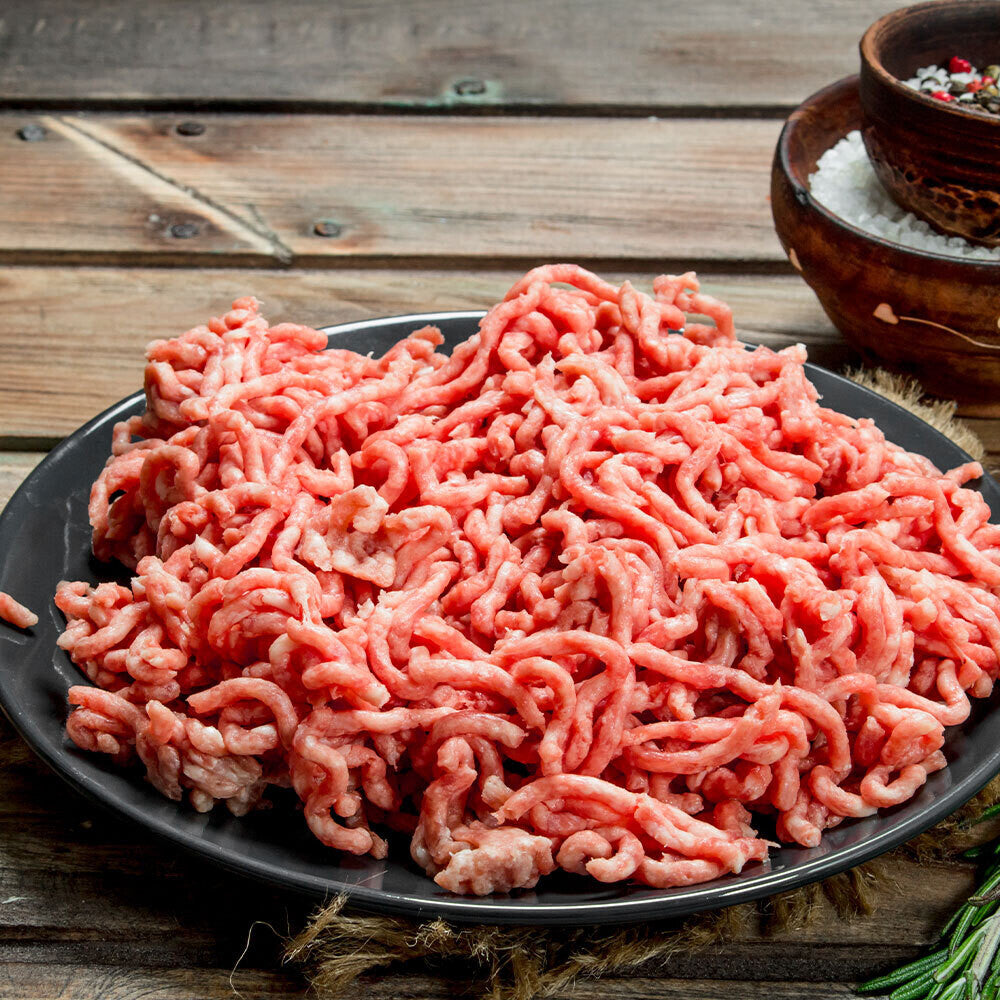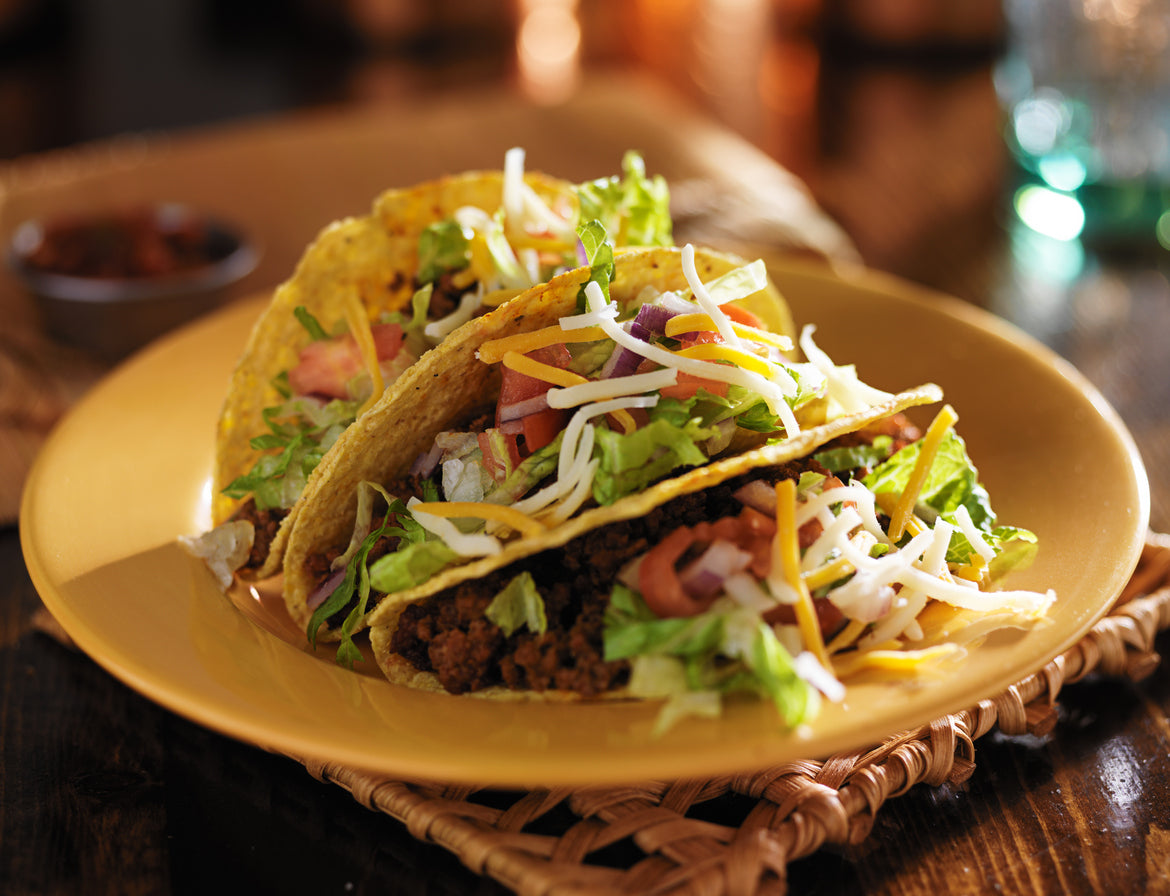
Agricultural Exchange: Mandela Washington Fellows Visit Tyner Pond Farm to Discuss Food Sovereignty
At Tyner Pond Farm, we are committed to promoting sustainable agriculture practices that not only protect the environment but also support food sovereignty. Recently, we had the privilege of hosting the Mandela Washington Fellows, a group of young African leaders participating in the Young African Leaders Initiative (YALI). Their visit was centered on an intensive discussion about food sovereignty and the role of regenerative agriculture in achieving this goal without dependency on corporate inputs.
 Chris Baggott of Tyner Pond Farm engages with Mandela Washington Fellows, exchanging insights on maintaining agricultural independence from corporate influence through regenerative practices.
The concept of food sovereignty is fundamentally about the right of people to healthy and culturally appropriate food produced through ecologically sound and sustainable methods. It also emphasizes the importance of local control over food systems. For the Mandela Washington Fellows, food sovereignty is a crucial issue as they work towards creating resilient agricultural practices in their home countries. Their visit to Tyner Pond Farm provided a platform for us all to explore these ideas in depth.
Chris Baggott of Tyner Pond Farm engages with Mandela Washington Fellows, exchanging insights on maintaining agricultural independence from corporate influence through regenerative practices.
The concept of food sovereignty is fundamentally about the right of people to healthy and culturally appropriate food produced through ecologically sound and sustainable methods. It also emphasizes the importance of local control over food systems. For the Mandela Washington Fellows, food sovereignty is a crucial issue as they work towards creating resilient agricultural practices in their home countries. Their visit to Tyner Pond Farm provided a platform for us all to explore these ideas in depth.
 Alan Savory and Chris Baggott discussing holistic management techniques. (Zimbabwe 2022)
One of the most interesting aspects of this exchange is the irony of our journey. Much of what we practice at Tyner Pond Farm was inspired by holistic management principles developed in Africa by Allan Savory. Now, young leaders from Africa are visiting our farm to learn about these practices and how they can be applied to support food sovereignty in their own countries. This full-circle learning highlights the universal relevance of regenerative agriculture.
Alan Savory and Chris Baggott discussing holistic management techniques. (Zimbabwe 2022)
One of the most interesting aspects of this exchange is the irony of our journey. Much of what we practice at Tyner Pond Farm was inspired by holistic management principles developed in Africa by Allan Savory. Now, young leaders from Africa are visiting our farm to learn about these practices and how they can be applied to support food sovereignty in their own countries. This full-circle learning highlights the universal relevance of regenerative agriculture.
A Shared Vision for Food Sovereignty
 Chris Baggott of Tyner Pond Farm engages with Mandela Washington Fellows, exchanging insights on maintaining agricultural independence from corporate influence through regenerative practices.
The concept of food sovereignty is fundamentally about the right of people to healthy and culturally appropriate food produced through ecologically sound and sustainable methods. It also emphasizes the importance of local control over food systems. For the Mandela Washington Fellows, food sovereignty is a crucial issue as they work towards creating resilient agricultural practices in their home countries. Their visit to Tyner Pond Farm provided a platform for us all to explore these ideas in depth.
Chris Baggott of Tyner Pond Farm engages with Mandela Washington Fellows, exchanging insights on maintaining agricultural independence from corporate influence through regenerative practices.
The concept of food sovereignty is fundamentally about the right of people to healthy and culturally appropriate food produced through ecologically sound and sustainable methods. It also emphasizes the importance of local control over food systems. For the Mandela Washington Fellows, food sovereignty is a crucial issue as they work towards creating resilient agricultural practices in their home countries. Their visit to Tyner Pond Farm provided a platform for us all to explore these ideas in depth.
The Roots of Our Practices: Allan Savory and Holistic Management
Our journey at Tyner Pond Farm began with the principles of holistic management developed by Allan Savory. Savory's approach focuses on managing land, livestock, and natural resources in a way that mimics natural processes. This method is designed to restore soil health, increase biodiversity, and sequester carbon, all of which are essential for sustainable agriculture. Holistic management involves planned grazing, where livestock is moved strategically across the land to prevent overgrazing and promote the regeneration of plant life. This practice has been instrumental in our efforts to create a thriving, sustainable farm ecosystem.The Importance of Regenerative Agriculture
Regenerative agriculture goes beyond sustainable practices by actively improving the resources it uses, rather than just maintaining them. This approach has numerous benefits:- Soil Health: By enhancing soil structure and fertility, regenerative practices lead to healthier crops and better water retention.
- Biodiversity: Diverse plant and animal species create a more resilient ecosystem capable of withstanding pests and climate variability.
- Carbon Sequestration: Healthy soils act as carbon sinks, improving healthier and more biologically diverse soils.
The Irony and Shared Learning
 Alan Savory and Chris Baggott discussing holistic management techniques. (Zimbabwe 2022)
One of the most interesting aspects of this exchange is the irony of our journey. Much of what we practice at Tyner Pond Farm was inspired by holistic management principles developed in Africa by Allan Savory. Now, young leaders from Africa are visiting our farm to learn about these practices and how they can be applied to support food sovereignty in their own countries. This full-circle learning highlights the universal relevance of regenerative agriculture.
Alan Savory and Chris Baggott discussing holistic management techniques. (Zimbabwe 2022)
One of the most interesting aspects of this exchange is the irony of our journey. Much of what we practice at Tyner Pond Farm was inspired by holistic management principles developed in Africa by Allan Savory. Now, young leaders from Africa are visiting our farm to learn about these practices and how they can be applied to support food sovereignty in their own countries. This full-circle learning highlights the universal relevance of regenerative agriculture.
Moving Towards Food Independence
This collaboration with the Mandela Washington Fellows underscores a broader movement where people everywhere are seeking to reduce or eliminate their dependence on global corporate food systems. The pursuit of food sovereignty is essentially a quest for food independence, where communities have control over their food production and distribution, free from the constraints of corporate interests. At Tyner Pond Farm, we remain dedicated to advancing these principles and supporting initiatives that promote sustainable and regenerative agriculture. We believe that through continued collaboration and education, we can create a more resilient and equitable food system for future generations. For more information about Allan Savory and holistic management, visit the Savory Institute's website.
Tags:
Previous post
The Impact of Corporate-Driven Regulations on Food Safety and Transparency
Next post
